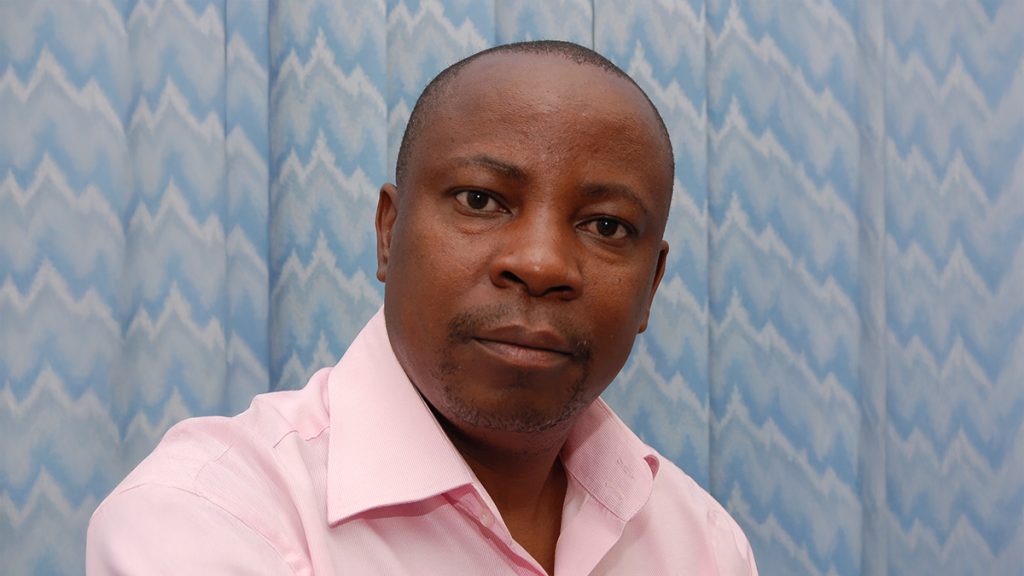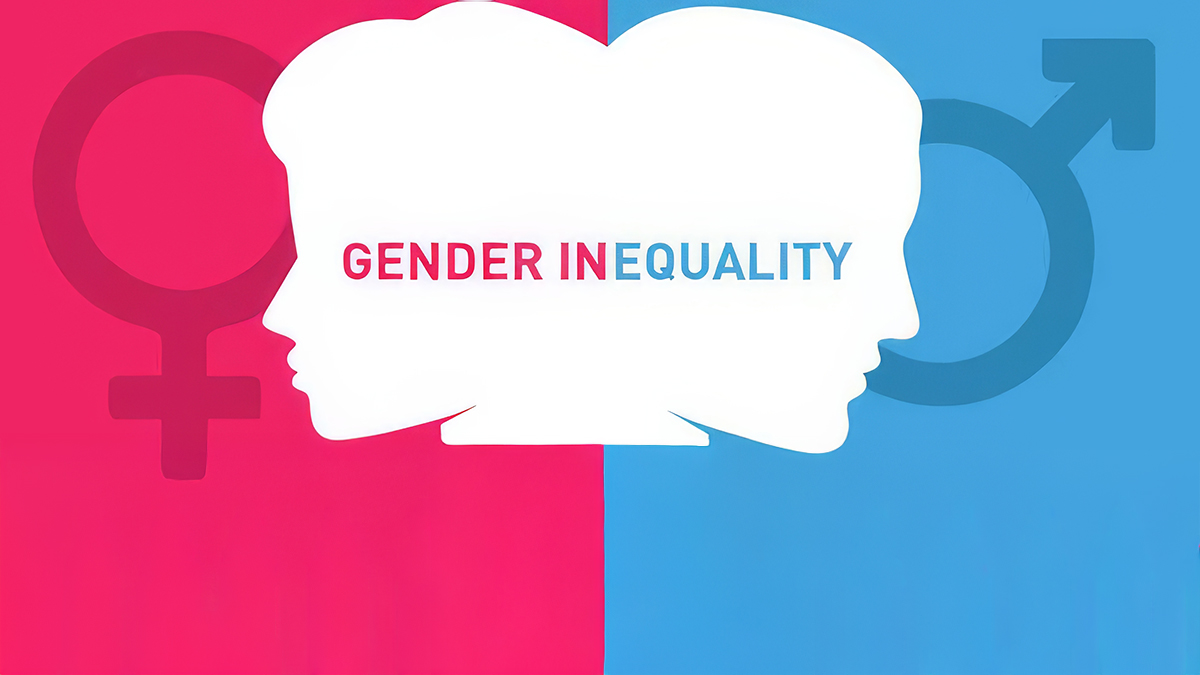Anglican women bishops across Africa are celebrating the appointment of the Rev. Sarah Mullally as the first female archbishop-elect of Canterbury. Her selection is being hailed as a landmark moment for gender equity in church leadership.
Mullally, 63, began her career as a nurse and was ordained a priest in 2006. She became the first female bishop of London in 2018. She is expected to be officially installed next year.
Former Archbishop Justin Welby stepped down in January after allegations that he mishandled abuse claims. The lengthy process to replace him was closely followed in Africa, where Anglican numbers are highest. When Mullally’s appointment was announced, it drew praise and criticism in equal measure.
Celebration and hope from African women bishops
Bishop Emily Onyango of Kenya expressed hope that Mullally’s leadership would promote justice, peace and unity in the global Anglican Church.
“It is very significant — we are very excited about it and we are talking about it as women bishops,” Onyango said. “We know she will work for peace and unity — something we need both in the church and in the world.”
In South Africa, Archbishop Thabo Makgoba also welcomed the appointment, calling it a “thrilling development” and expressing eagerness to collaborate with Mullally in pastoral and prophetic leadership.
Conservative backlash and theological resistance
Not everyone welcomed the news. Rwandan Archbishop Laurent Mbanda, chairman of the Global Fellowship of Confessing Anglicans (GAFCON), issued a statement rejecting the appointment. He accused Mullally of breaking her consecration vows and promoting unbiblical teachings, particularly around same-sex relationships.
Mbanda referenced Mullally’s 2023 comment that some same-sex relationships could be blessed and noted her support for introducing same-sex blessings into the Church of England.
He claimed the Church of England failed to consider the views of conservative leaders in the Global South, stating that her appointment would deepen division in the communion.
Global South’s growing influence
Sub-Saharan Africa is now home to the majority of the world’s Anglicans, with over 63 million baptized believers as of 2020. Large populations are found in Nigeria, Uganda, Kenya and Southern Africa, making the region a key stakeholder in global Anglican affairs.
Mbanda said that for over 150 years, the archbishop of Canterbury has served as a global moral and spiritual figure, but that the role could no longer function as a credible leader for African Anglicans under Mullally’s leadership.
Call for unity through dialogue
Onyango questioned GAFCON’s theological stance, arguing that Jesus came to save all humanity, not because he was male. She expressed confidence that Mullally would lead with a spirit of listening and dialogue.
“I think many of the problems in the church are because people don’t listen to each other,” Onyango said. “They take one stand and do not consider the opinions of other people.”

- Fredrick Nzwili is a journalist based in Nairobi, Kenya. For more than 15 years, he has written about religion, politics, peace and conflict, development, security, environment and wildlife.
- First published in RNS. Republished with permission.

